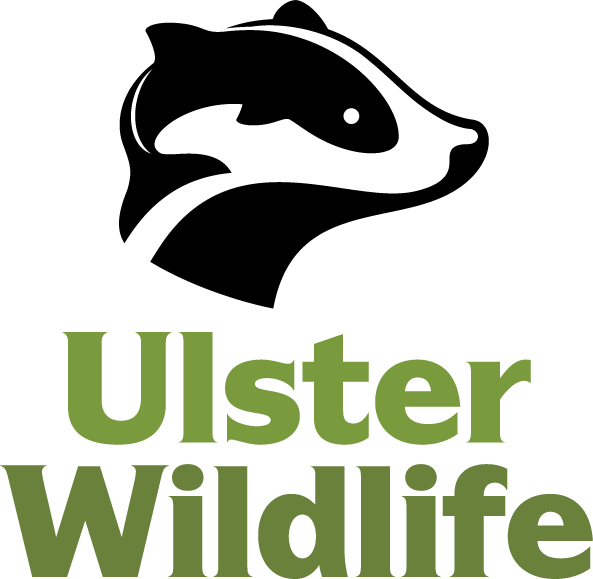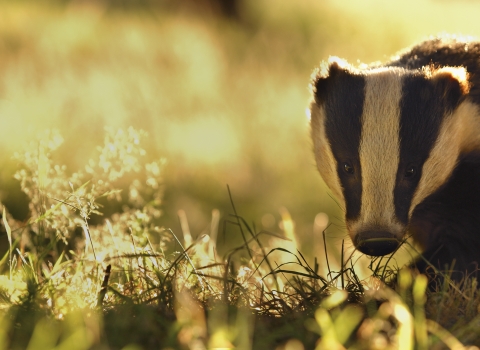We stand up for badgers and oppose the killing of healthy badgers as part of the strategy to eradicate bovine tuberculosis.
What is bovine tuberculosis?
Bovine tuberculosis (bovine TB) is a highly infectious disease of cattle that significantly impacts thousands of farms annually.
The spread of bovine TB is primarily through cattle to cattle transmission, with animals spreading the disease mainly through coughing and sneezing, thus releasing bacteria into the air that are then inhaled by other animals in close contact. This disease also spreads from infected cows to their offspring during suckling.
Since the mid-1980s, the incidence of bovine TB in cattle has increased substantially, creating an economic burden on the taxpayer, as infected cattle must be culled and compensation paid to farmers.
Our position: killing of healthy badgers is not the answer
We recognise that Bovine TB is a complex and costly disease that causes substantial hardship to the farming community and that there is a need to find the right mechanisms to control it. However, we believe the killing of healthy badgers is not acceptable or proportionate in addressing the low level of risk associated with transmission of this disease by badgers, which are a protected and native species.
Hundreds of thousands of badgers have been killed in England and the Republic of Ireland over recent years during badger culls, but with minimal impact on Bovine TB levels in cattle. We believe that the main focus for reducing Bovine TB in cattle should be through effectively dealing with the primary factors in transmission, such as cattle movements, improved cattle testing and biosecurity improvements on farms, rather than adopting a widespread badger cull.
While we dispute the level of risk of infection of cattle from badgers, we recognise that badgers can be carriers of Bovine TB. In terms of any plans by government to control the levels of Bovine TB in our badger population, our clear preference is that badger vaccination should be the approach adopted. However, if wildlife intervention is proposed by government to be part of the strategy to control Bovine TB, we could accept a combination of the ‘Test–Vaccinate–Remove’ (TVR) approach combined with wider badger vaccination, in a limited range of circumstances once all other cattle-to-cattle measures have been implemented. We believe this to be a more measured and proportionate response than a widespread badger cull, as well as a more ethical approach (where only TB positive badgers are euthanized).
We would also like to see legislation introduced urgently to allow laypersons to be trained in badger vaccination, as is the case in England and Wales.
What is the more ethical Test-Vaccinate-Remove (TVR) approach?
TVR involves trapping badgers in cages and testing them for bovine TB in the field through a blood test. Any badgers that test negative are vaccinated and released, and any that test positive with tuberculosis are humanely euthanized by injection and therefore ‘removed’. from the environment.
Badgers are a valued species in Northern Ireland, protected by law. 25% of the European population is found in the UK, so we have an international responsibility to conserve them.

